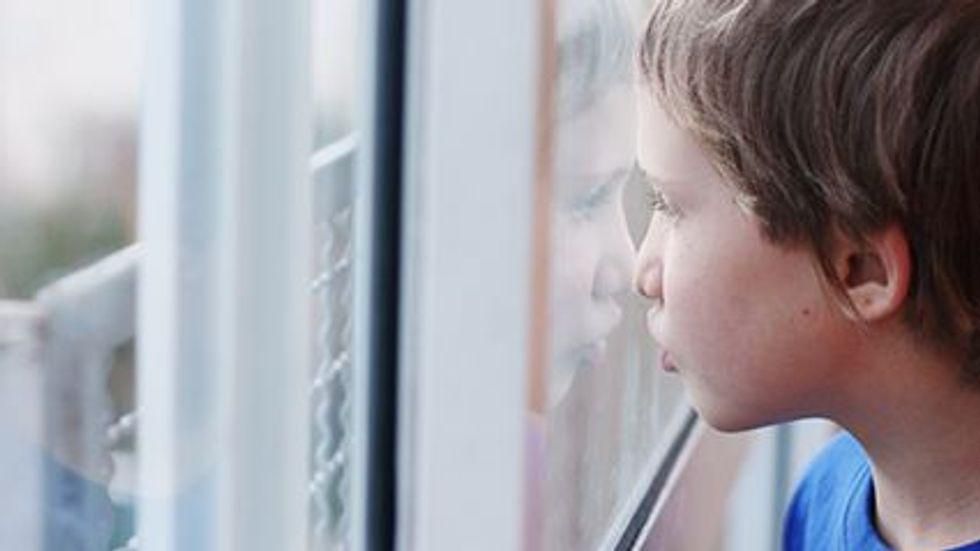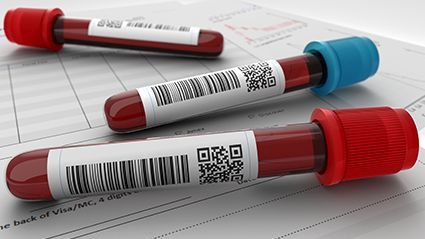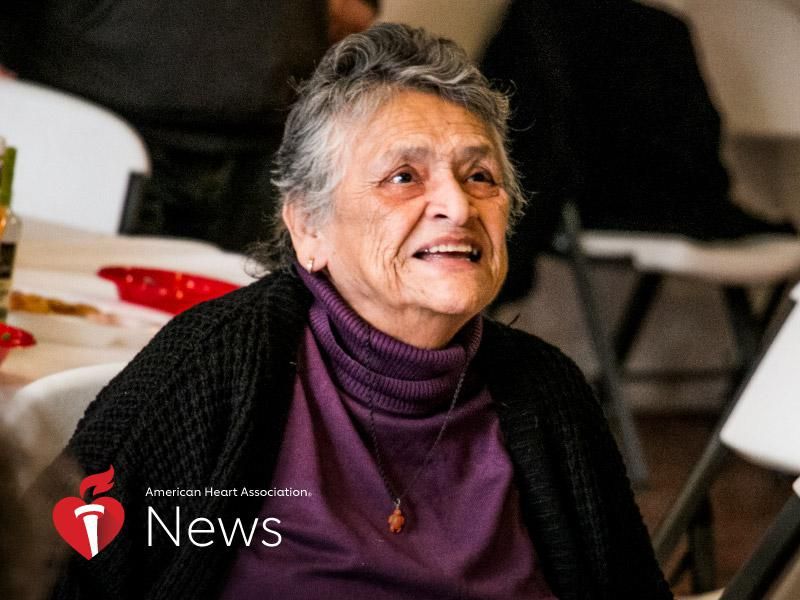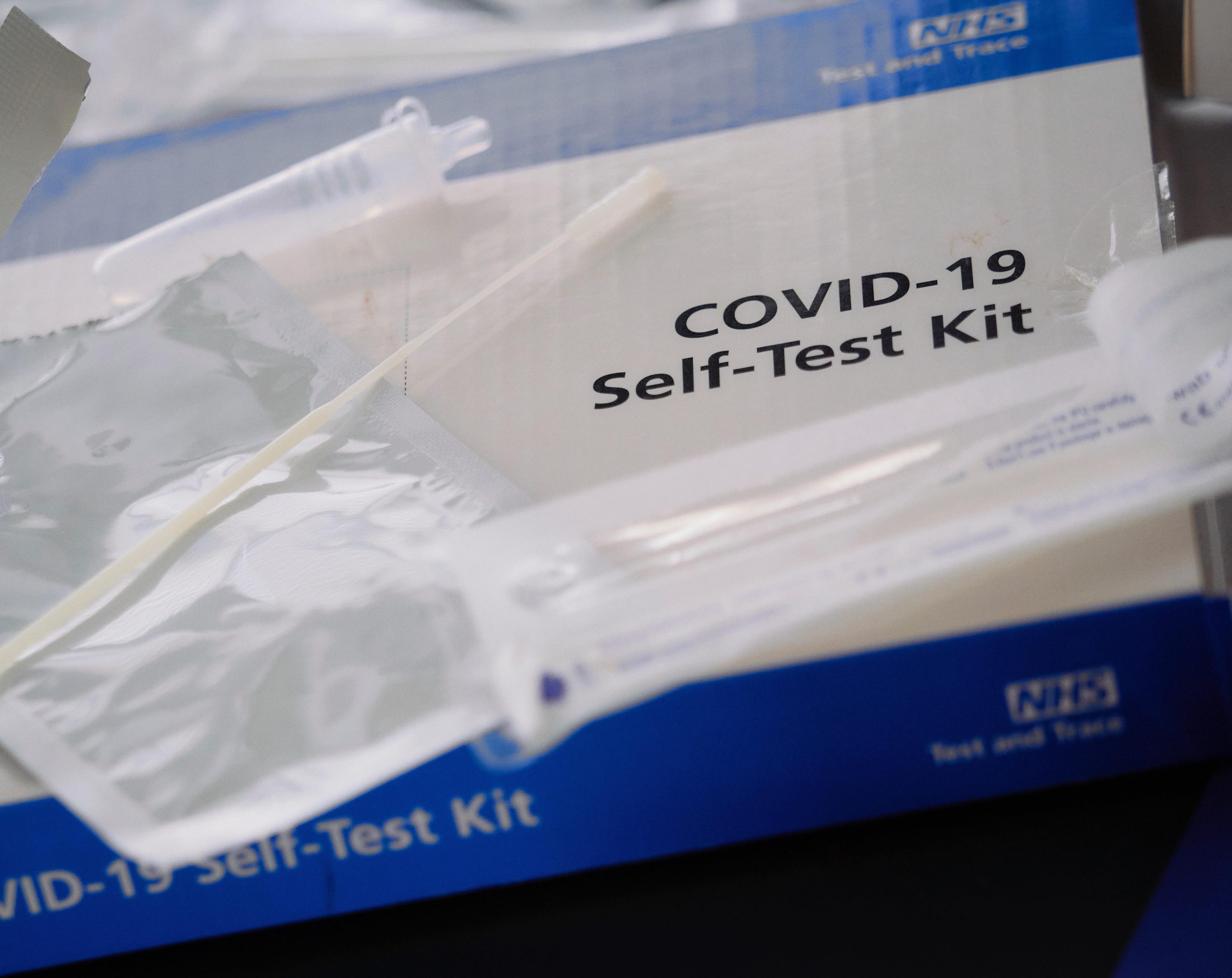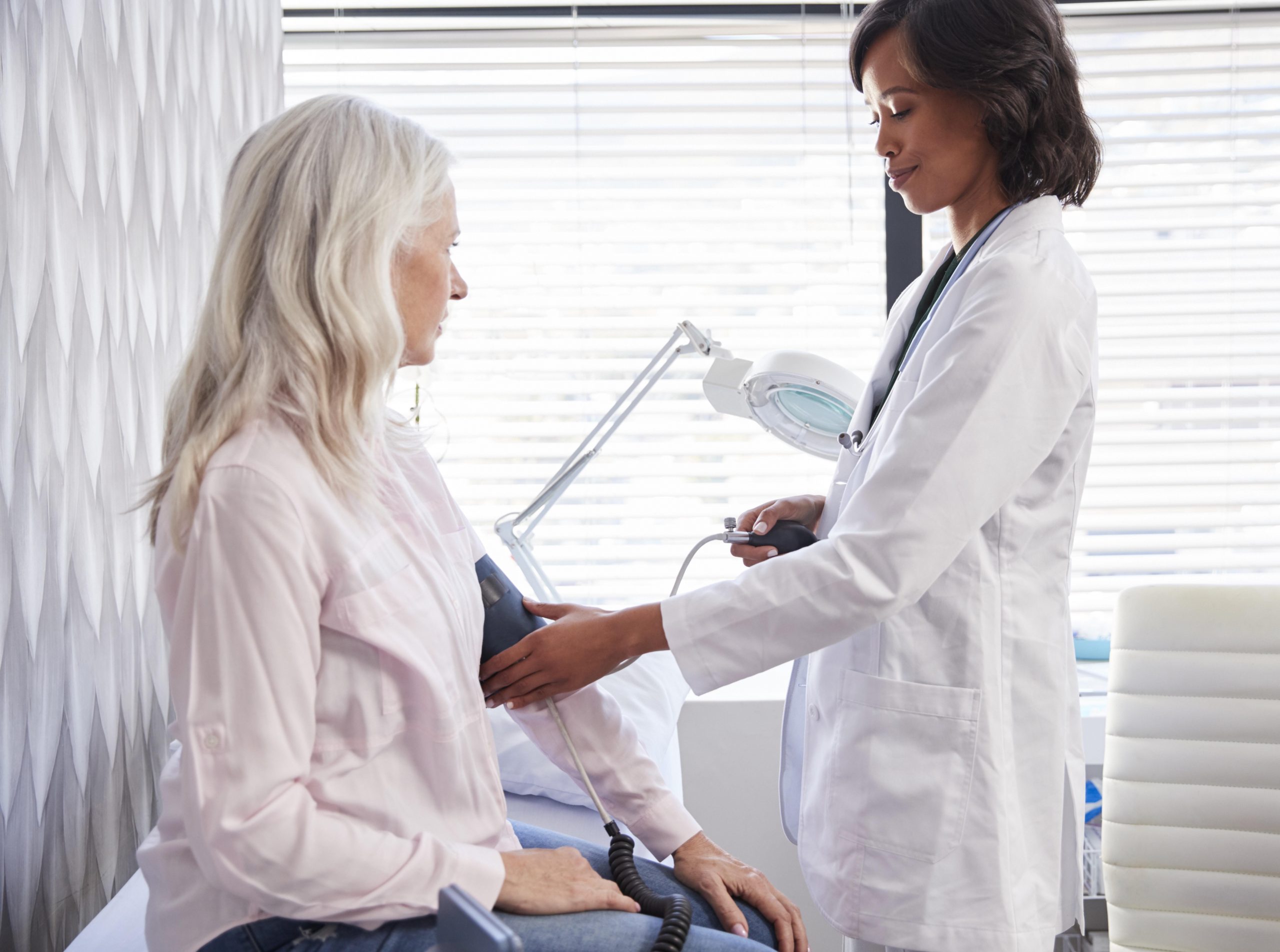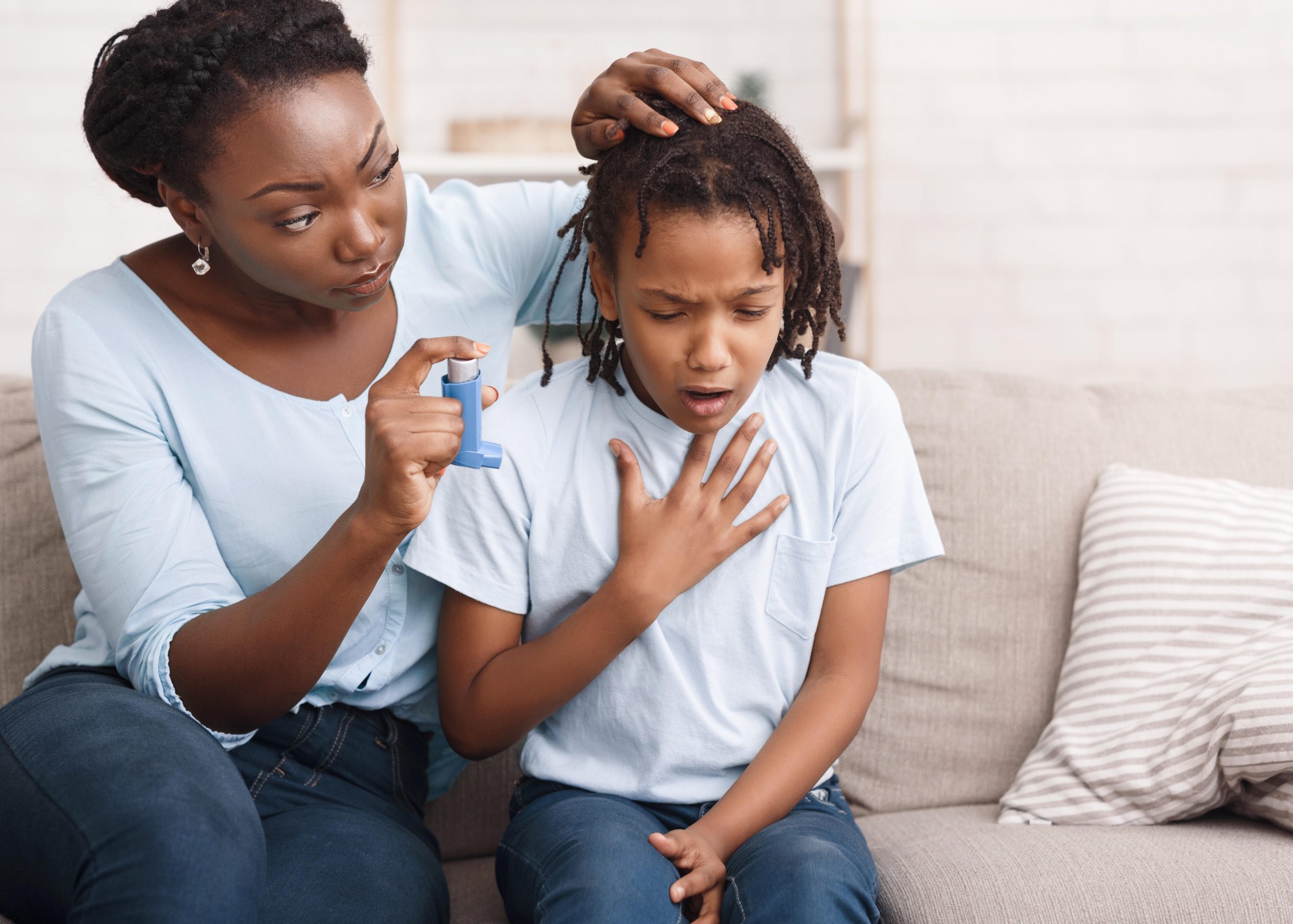
Former members of President Joe Biden’s transition team are calling for a new long-term strategy that envisions a world in which humans learn to live with the new coronavirus. Six former advisers published three opinion articles Thursday in the Journal of the American Medical Association detailing what needs to be done now to make that… read on > read on >












